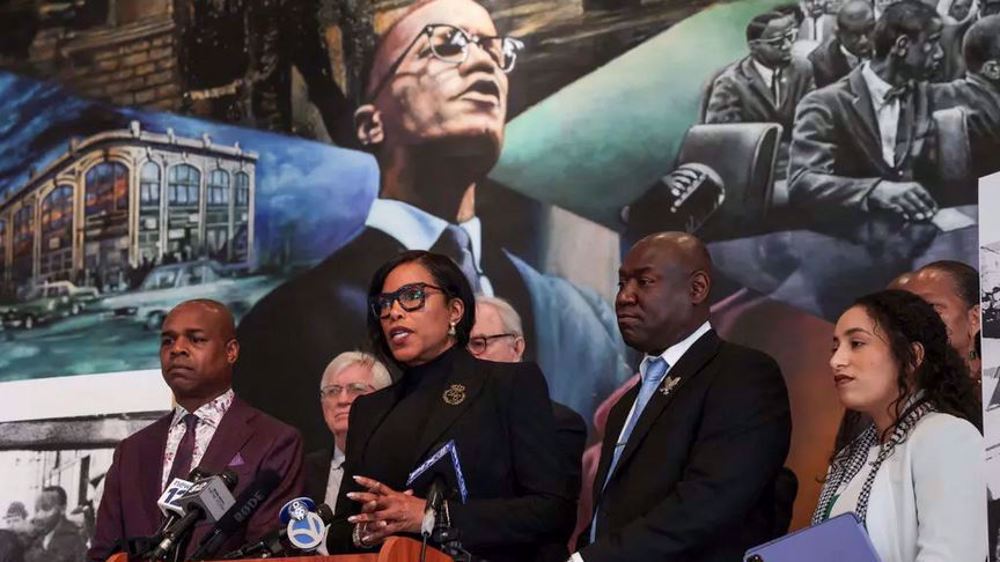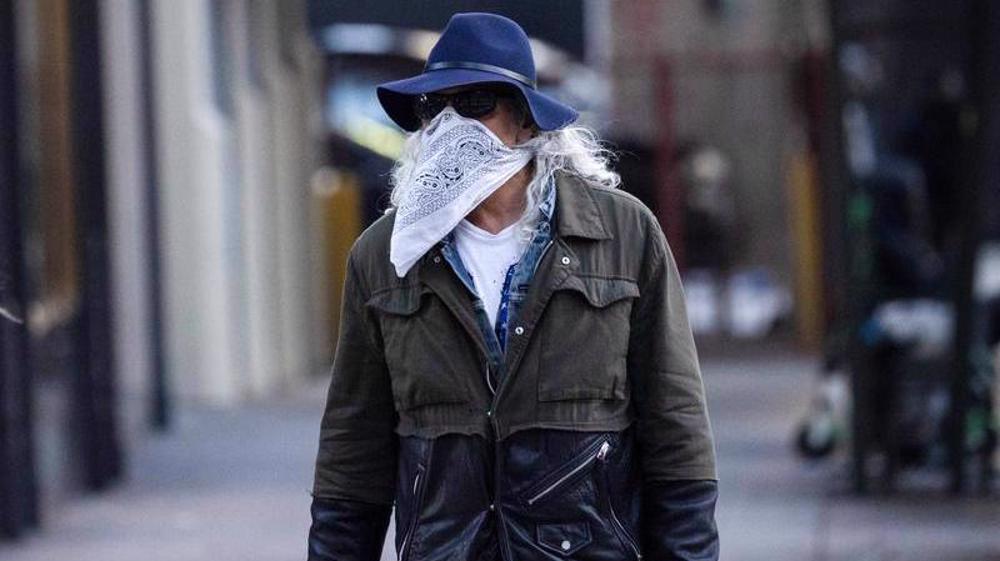US COVID deaths top 510,000, infections near 28.5 mln
The total number of COVID-19 cases in the United States surpassed 28.48 million infections, with over 510,000 deaths on Friday, according to the Center for Systems Science and Engineering (CSSE) at Johns Hopkins University.
The total case count has rose to 28,481,239 infections and 510,134 deaths as of Friday, according to the CSSE tally.
Over the last few weeks, cases and hospital admissions in the United States have been declining since early January, and deaths have fallen in the past week.
However, Rochelle Walensky, director of the U.S. Centers for Disease Control and Prevention (CDC), warned on Friday at an online press conference that the latest statistics show that the downward trend COVID-19 cases is likely to become stagnant, which may indicate that the more infectious variant have begun to spread widely across the country.
The latest data suggest that these declines may be stalling, potentially leveling off at still a very high number, she said, adding that staff at the CDC consider this as a very concerning shift in the trajectory.
A number of states such as Montana, Iowa and North Dakota, as well as New York City are easing their control measures.
Regarding the relaxed restrictions, Wollensky said how states handle the epidemic will decide if the U.S. will face another peak of infections.
She said that things are tenuous, now is not the time to relax restrictions. Wollensky also made it clear that cases, hospital admissions and deaths all remain very high.
More than 2,150 cases of the novel coronavirus variants have been reported across the United States. The B.1.1.7 variant, which was first identified in Britain, has caused 2,102 infections in 45 states as of Thursday, according to the CDC.
Modeling data suggest that B.1.1.7 could become the predominant variant in the country in March, according to the CDC.
On the other hand, separate studies by researchers from Columbia University and the California Institute of Technology suggest that a new coronavirus variant, known as B.1.526, is spreading fast in New York City and it is more resistant to some existing vaccines than earlier versions of the coronavirus.
Meanwhile, the vaccination rollout in the United States remains problematic.
CBS reported Friday that nearly three million Americans have not received their second dose of COVID-19 vaccination on time. As of Wednesday, just over 2.8 million Americans who had received their first shot, or about nearly 12 percent of those vaccinated, have not gotten their second dose within the 28-day interval prescribed for Moderna's vaccine.
A spokeswoman for the CDC said that a portion of the recent slowdown, in getting both first doses and second doses administered, has been due to the weather.
Shortages in vaccine stocks, scheduling and transportation disruptions have also played a role in the delay, CBS quoted health officials as saying.
(Source: Reuters)
US vetoing of Gaza ceasefire resolution ‘disgraceful’: Iran’s UN envoy
VIDEO | IAEA adopts anti-Iran resolution tabled by E3
VIDEO | Iran's president urges Pope to help end Israel's onslaught in Gaza
Iran's senior legal official: ICC arrest warrant for Netanyahu ‘great victory'
Nov. 21: ‘Axis of Resistance’ operations against Israeli occupation
VIDEO | Israeli forces storm West Bank’s Jenin again, target civilians
Iran activates advanced centrifuges after IAEA's 'unjust' resolution
VIDEO | Press TV's news headlines














 This makes it easy to access the Press TV website
This makes it easy to access the Press TV website